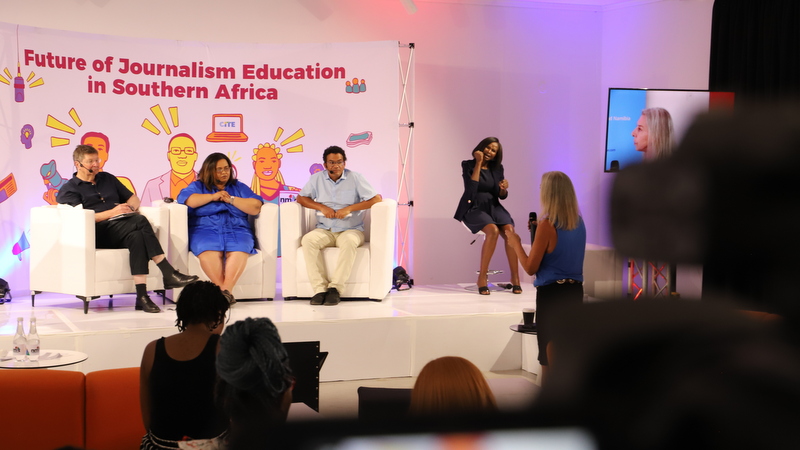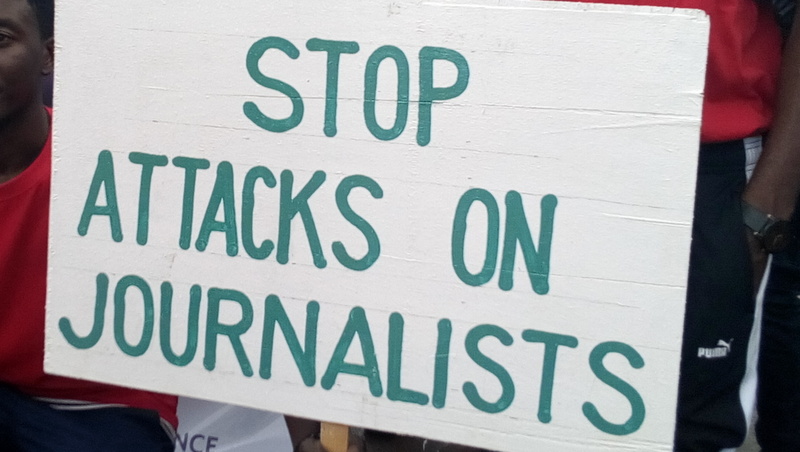Do we have the ability to make the media viable? Is the media credible and trustworthy? Such are the questions being raised at the ongoing 2022 Conference on the Future of Journalism Education in Southern Africa.
The Conference started on Tuesday, November 15, with a physical gathering in Windhoek in Namibia with delegates from Malawi, Zimbabwe and other parts of the world joining virtually.
The Conference, being held under the theme ‘Digital Disruptions: Crafting Journalism Education for Viable Media’ is looking at the impact of digital innovations and the role of journalism education in promoting media viability.
“There is a crisis of credibility and trust and we cannot talk of media viability without talking about credibility and trust” Research Associate at Namibia Institute for Public Policy Research (IPPR), Frederico Links said during the conference.
Links added that journalists are less trusted in telling the truth than politicians which shows the decline in credibility and trust in the media.
“Journalism should be a symbol of accuracy in conveying information because no one can engage media products without trust” said Links.
The discussions during the first day of the Conference show that there is need for journalism education and training to focus on the basics of journalism to regain trust and credibility.
The crisis in trust and credibility has led to citizen polarization, affected news consumption and threatened media viability.
“We need to go back to a time where a journalist is a journalist and not a social media influencer” said Gwen Lister, Chaiperson of Namibia Media Trust.
Journalists need to go back to the basics where accuracy, balance, objectivity, truth and impartiality define news reporting.
The need for journalism education and training cannot be overemphasized. It begs the question however on what media training institutions can do to address issues of credibility and trust in the media.
The conference is challenging media trainers to help journalists get back to their roots.
Dr. Phillip Santos, Senior Lecturer at the Namibia University of Science and Technology believes that institutional environments shape journalism practice.
“The challenge is that different media organisations have inherent structural dynamics like editorial policies and networks of funding that affect how journalists cover issues. We must first understand how structure imposes itself on practice.
We need to rethink journalism itself and create parallel spaces not affected by structures in order to ensure media viability” Dr. Santos says.
The conference continues with physical gatherings in Bulawayo on Wednesday, November 16 and Lilongwe on Thursday, November 17. It continues to discuss the role of journalism education in promoting media viability.
The 2022 Conference on the Future of Journalism Education in Southern Africa has been organised by MISA Malawi, Namibia Media Trust (NMT), Centre for Innovation and Technology (CITE) and DW Akademie.









